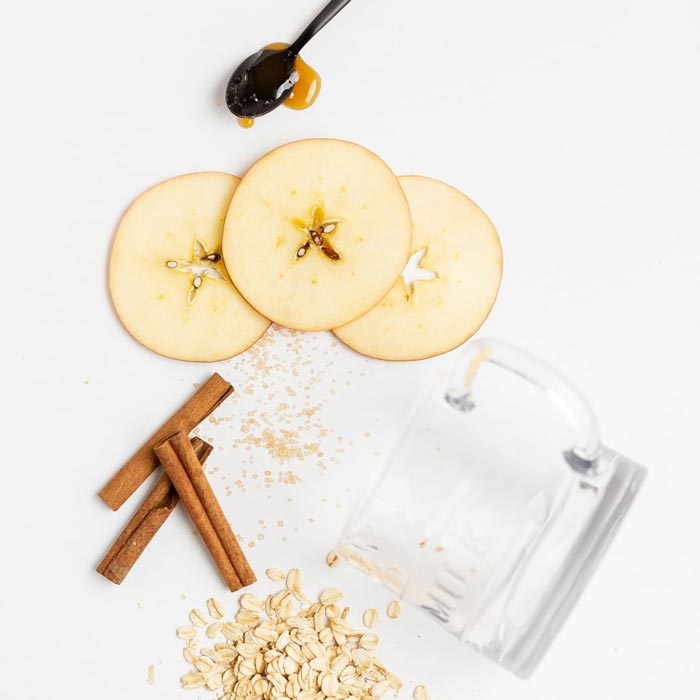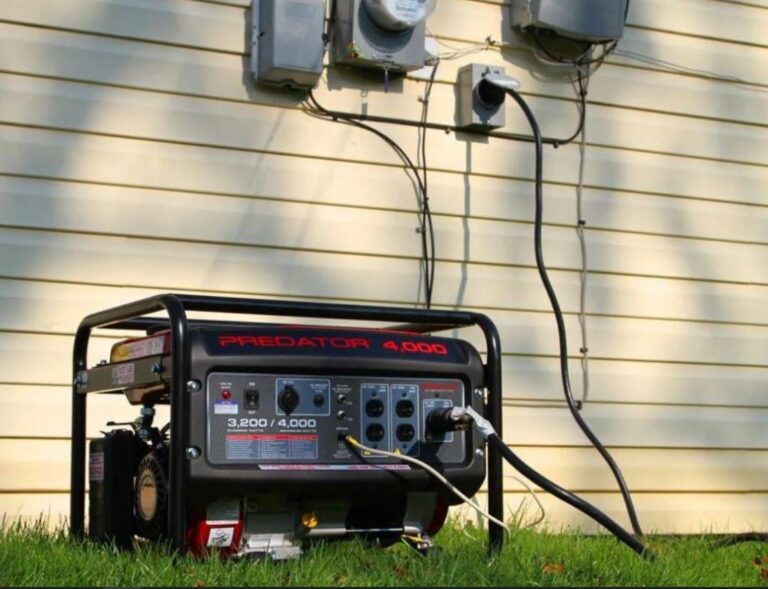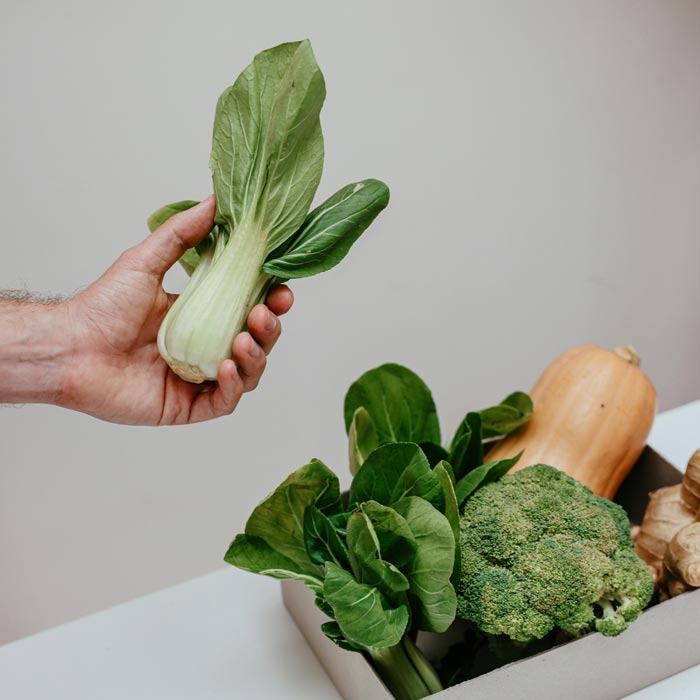Exploring Perfume’s Price: Why Is Perfume So Expensive and How to Choose
Given their impact on our lives, it’s no surprise that many are willing to invest significantly in the perfect fragrance. But why are some perfumes so costly? And how does one navigate this aromatic world to find the right scent? Let’s embark on a fragrant journey to understand the intricacies behind perfume pricing and how to make an informed choice.
[ruby_related heading=”More Read” total=3 layout=1 offset=5]
The Art of Perfume Making
Perfumery is an ancient craft, blending art with science, where every scent is meticulously crafted to narrate a story. Creating a perfume is not just about mixing various ingredients; it’s about evoking emotions, memories, and experiences. At the heart of this craft are perfumers, or “noses,” whose skilled expertise can take years, even decades, to refine. Just like a painter needs a deep understanding of colors and textures, a perfumer must have a profound knowledge of scent notes and how they interact. For those intrigued by famous fragrances, you might have heard of the Black Opium dupe – a testament to how iconic scents can inspire myriad interpretations in the fragrance industry.
High-Quality Ingredients
The adage “you get what you pay for” holds true in the realm of perfumery. Premium perfumes often contain rare and exotic ingredients, sourced from remote corners of the world. Whether it’s the delicate Bulgarian rose, the elusive oud from agarwood trees, or the intoxicating jasmine from the Mediterranean, obtaining these materials is both labor-intensive and costly. Moreover, the best perfumes often use natural extracts, which are not only more expensive but also vary from year to year, adding to the uniqueness of each batch.
Packaging and Presentation
A perfume is not just about the scent but also the experience. Luxurious packaging, from ornate bottles to lavish boxes, significantly contributes to the cost. High-end brands often collaborate with renowned designers to create packaging that is both aesthetic and iconic. Beyond the physical aspects, branding and marketing campaigns, often starring global celebrities and featuring cinematic advertisements, play a crucial role in establishing a perfume’s luxury image, adding to its overall cost.
Brand Reputation
Brands boasting a rich heritage and storied history frequently justify their steep price tags. Their illustrious legacy, painstakingly cultivated over decades or even centuries, adds an undeniable allure to their offerings. This historic charm ensures that consumers view these products as more than just commodities; they become pieces of history. Furthermore, aligning with celebrities, engaging in limited-time collaborations, and hosting exclusive events create a halo effect around the brand. This strategic elevation in perceived value is often all it takes to make consumers willingly accept, if not seek out, the premium pricing associated with such esteemed brands.
Longevity and Sillage
When evaluating the value of a perfume, two essential criteria emerge: longevity and sillage. Longevity pertains to the duration a scent lingers on the skin, while sillage describes the aroma trail it leaves in its wake. Premium fragrances, reflecting their superior formulation, are crafted meticulously to persist for extended durations, slowly transitioning through their scent notes, unveiling a symphony of aromas. These traits are not merely incidental; they are purposeful designs that play a crucial role in justifying the higher cost, offering consumers a more lasting and immersive olfactory experience.
Limited Editions and Exclusivity
The allure of possessing something rare and exclusive is undeniable. Limited edition fragrances, especially those birthed from high-profile collaborations with celebrities or notable events, often bear heftier price tags, a reflection of their singular character and limited availability. In the same vein, exclusive perfume boutiques, which promise patrons uniquely tailored experiences and custom-made scents, wield their exclusivity as a premium selling point. The privilege of owning or experiencing something one-of-a-kind or bespoke naturally comes with a corresponding increase in cost.
Perfume Concentrations
The world of perfumes presents a diverse palette of concentrations, with Eau de Parfum (EdP) and Eau de Toilette (EdT) leading the pack. These classifications, far from being arbitrary, determine the potency and longevity of the fragrance. Inherently, a higher concentration of aromatic oils translates to a steeper price point. For instance, an EdP, renowned for its enduring presence and richer scent profile, unsurprisingly fetches a higher price when compared to its lighter EdT counterpart, offering consumers a more potent aromatic experience.
Natural vs. Synthetic Ingredients
In the ever-evolving fragrance industry, the dichotomy between natural and synthetic ingredients is pronounced. Natural ingredients, revered for their authenticity, often come with significant costs owing to their scarcity and the intricate methods required for extraction. Conversely, lab-created synthetic ingredients promise consistency and generally come at a reduced expense. However, with consumers becoming increasingly eco-conscious, the trend towards ethically sourced and sustainable ingredients has surged. Thus, fragrances showcasing a commitment to ecological and societal well-being, even if they incorporate natural ingredients, can command loftier prices.
How to Choose the Right Perfume
Embarking on the quest to find the quintessential perfume is akin to exploring one’s identity. One must introspect about preferences, from the romantic allure of florals to the earthy grounding of woody notes. Additionally, reflecting upon the diverse occasions—whether for daily wear, work settings, or grand events—can refine the selection process. An indispensable tip is to sample liberally. By applying a scent and allowing it the time to meld and metamorphose on the skin, one can discern its true character and determine its harmony with one’s natural essence.
Budget-Friendly Alternatives
While indulging in luxury fragrances is a coveted experience, deriving joy from enchanting aromas needn’t strain one’s finances. A plethora of economical brands are committed to curating delightful scents that are kind to wallets. Whether one is drawn to popular dupes mirroring high-end fragrances or eager to unearth underrated treasures, the expansive domain of budget-friendly perfumes promises a trove of aromatic wonders for every discerning enthusiast.
Conclusion
Perfumes, with their ethereal notes and powerful memories, are more than just fragrances. They’re stories, experiences, and expressions. While the world of luxury perfumes is mesmerizing, it’s essential to find the scent that resonates with you, irrespective of the price tag. As you explore this fragrant world, remember that the best perfume is the one that captures your essence, narrating your unique story with every spritz.





